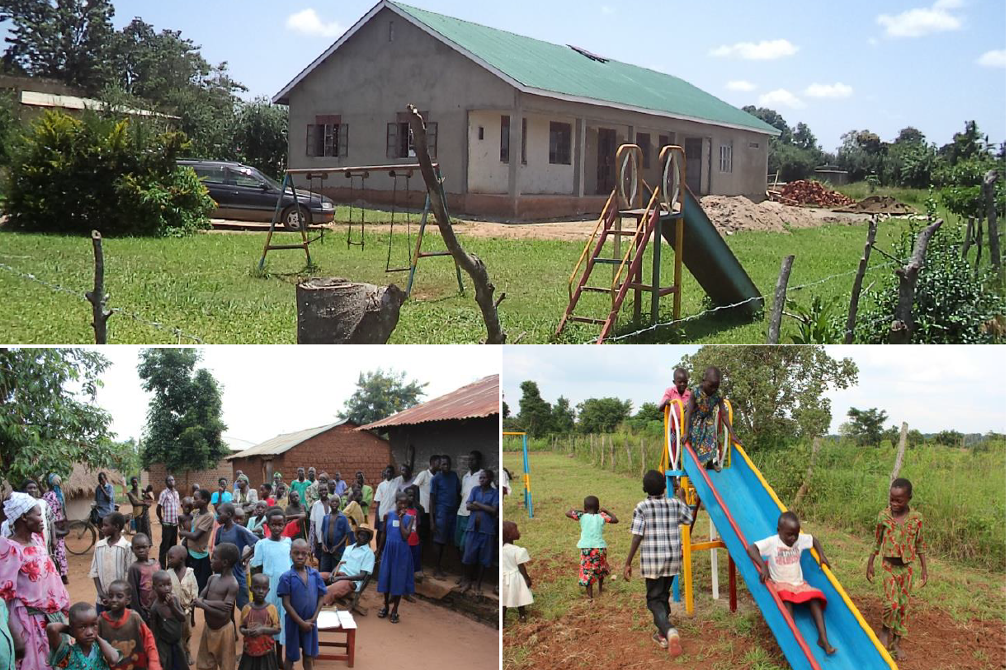 Lira, a city in Northern Uganda, is a bustling commercial city located at the crossroads between the southern and eastern parts of the country and neighbouring Kenya, and the towns, cities and farms to the north – stretching up to South Sudan. It has known hard times –particularly at the height of the AIDS pandemic and the civil conflict involving the notoriously cruel Lords Resistance Army. These traumatic events, as well as generally high levels of poverty, have resulted in large numbers of parentless and homeless young women struggling to survive in the face of sexual exploitation, addictions, violence and disease. Lira is an important and busy truck stop – a reality that has made commercial sex work one of the only sources of survival to orphaned young women. The result – high levels of vulnerability to HIV and other infections, violence, and the psychological damage so often caused by sexual exploitation.
Lira, a city in Northern Uganda, is a bustling commercial city located at the crossroads between the southern and eastern parts of the country and neighbouring Kenya, and the towns, cities and farms to the north – stretching up to South Sudan. It has known hard times –particularly at the height of the AIDS pandemic and the civil conflict involving the notoriously cruel Lords Resistance Army. These traumatic events, as well as generally high levels of poverty, have resulted in large numbers of parentless and homeless young women struggling to survive in the face of sexual exploitation, addictions, violence and disease. Lira is an important and busy truck stop – a reality that has made commercial sex work one of the only sources of survival to orphaned young women. The result – high levels of vulnerability to HIV and other infections, violence, and the psychological damage so often caused by sexual exploitation.
Presently, young women in Lira living in these circumstances have few if any pathways to a healthier and more hopeful future.
CAPAIDS-Uganda is working to change that. They are working to open a safe transitional shelter that provides comfortable accommodation, healthy food, counseling, companionship, skills training and other supports as they build brighter futures, free of the fear of dangerous and exploitative sex work.
Several years ago, with funding provided in memory of Harvey Friesen by his family and friends, CAPAIDS-Uganda built a special centre in the Boroboro community on the outskirts of Lira to offer training, counseling and other supports to widows and adolescent orphans.
Through extensive consultations with organizations and individuals (including homeless young women involved in commercial sex work) in and around Lira, CAPAIDS-Uganda recognized critical needs and service gaps that could be met by a transitional shelter and training centre. In particular, vulnerable young women need comprehensive supports for a significant period of time that cover a range of needs: safe shelter, counselling, education and training, childcare, health care services, and others.
Together we are now embarked on an effort to fully develop and operate the Home of Hope as a safe transitional shelter for vulnerable young women from Lira. With funding already secured we have renovated the centre, acquired furniture, fenced the property, secured regulatory support and permits, and readied the centre for accommodating 12 residents.
This project is part of our overall efforts to address HIV/AIDS in northern Ugandan communities, recognizing the particular vulnerability of this target population.
- They are vulnerable to violence at the hands of men. Lira has high rates of alcohol consumption among men, and this has contributed to a reality in which women are under constant threat of physical attacks – including or especially by husbands or boyfriends and extended family members.
- They are very likely to participate in commercial sex work for survival
- They are at high risk of acquiring HIV and other sexually transmitted infections
- They are prone to mental illness, particularly depression
- They are likely to have young children that they try to raise with minimal if any support from others
- They have no or very little access to education and training
- They face stigma and discrimination as young single mothers and commercial sex workers.
The Home of Hope shelter will provide safe accommodation, thus reducing risky behaviours such as transaction sex and other forms of economic dependency which young women may turn to in the absence of support.
In addition to a place to stay, the Home of Hope Shelter will provide women with needed health services and counselling through our partnership with the Boroboro Health Centre III as well as training for agricultural livelihoods to support them in building sustainable and safe sources of income. During this pilot year we will also be actively developing community partnerships to support women in identifying long-term options for independent living.
The Home of Hope Shelter project with CAPAIDS-Uganda has been taken up by a group of volunteer fundraisers in Ottawa who have already, in the past two years raised more than $25,000 to support CAPAIDS-Uganda’s community HIV/AIDS programming and to begin required renovations to the Home of Hope facility undertaken in 2017.
However, additional funding is needed to complete additional improvements to the facility to make it comfortable and appropriate for long-term use and to fund the enrichment activities in health services, counseling and livelihood support.
The need for this project is very real and growing by the day as refugees from South Sudan and Congo continue to migrate to the area, increasing the population of economically disadvantaged women and children. These young women and girls are extremely vulnerable to a range of health concerns, notably HIV/AIDS and STIs, and there is a significant gap in programs and services for this population.
With the success and lessons learned from the first year of operations, we will hone a long-term plan for moving women through the shelter and into sustainable independent living such that we can aid upwards twenty women and their children each year.
In the meantime, we have limited our pilot to twelve women residents and up to twenty dependent children due to the limits of our existing facility and to ensure we can properly implement, learn and improve the project model. In addition, we aim to include up to 50 non-resident women as participants in health counseling and life skills training sessions.
Our board of directors is enthusiastic about the project, and we have already received expressions of interest from donor communities who would like to be involved.
The total cost of operating the shelter and facilitating health and livelihood extension activities in health and livelihoods for the first year is $26,500. This includes the cost of a shelter matron, our project coordinator and all expenses related to the accommodation facilities and training activities. $19,600 has already been committed to the project and has been allocated to complete the renovations of the shelter facility.
We hope you – our community of supporters in Canada – will consider joining us in this exciting and needed endeavour!
To donate to the Home of Hope Shelter Project, CLICK HERE>>
P.S. To learn more about the genesis of this project, CLICK HERE to read a blog post by CAP Network intern Jennifer Pasiciel about her work in the project development phase in the Winter of 2017.


